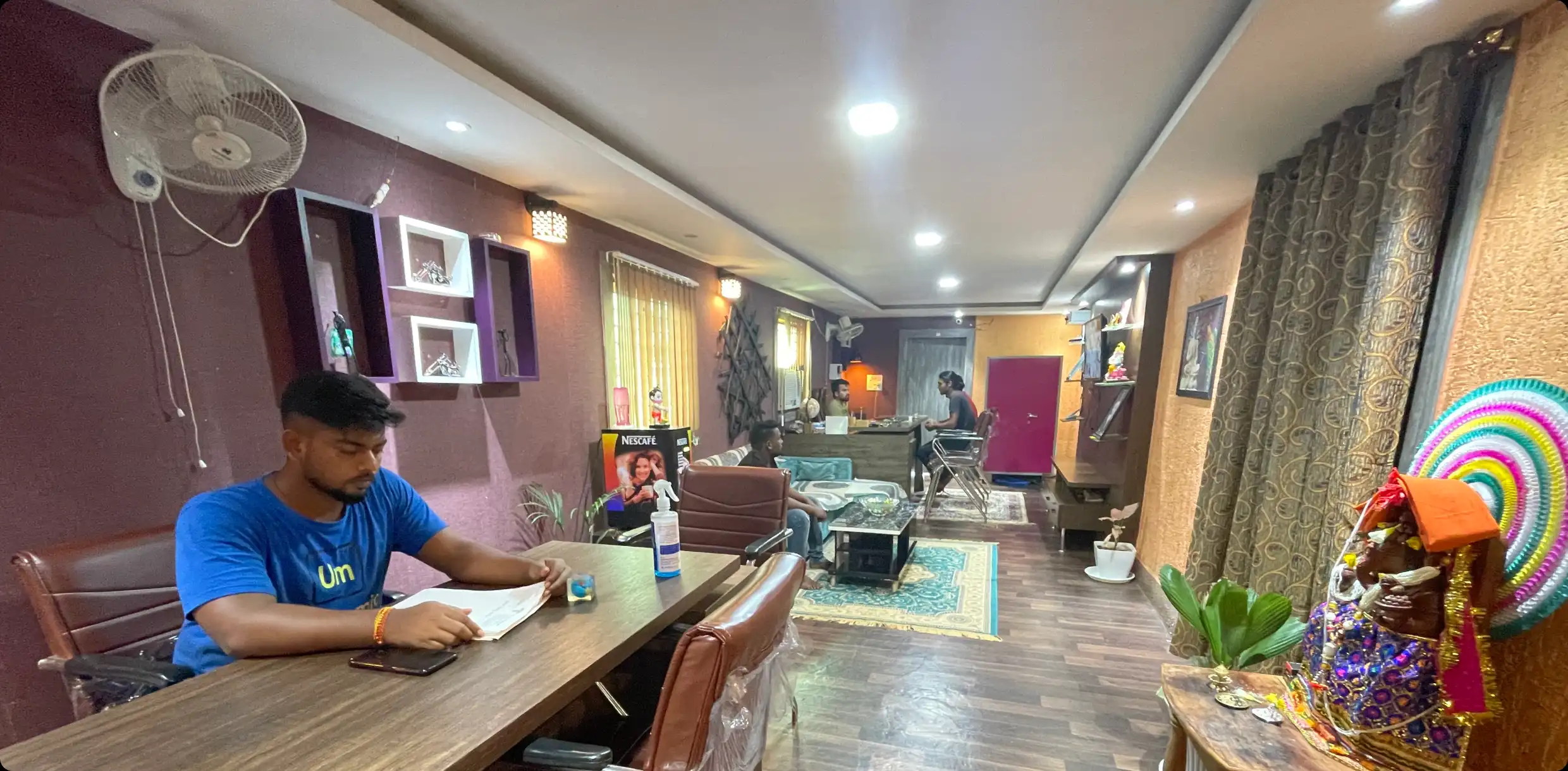-
Plot No. 4608, Gadakan, Mancheswar,
BBSR – 751017 -
Call Us 24/7
+91-77500 05999 - Mon - sun: 9:00am - 6:00pm
Counselling
Counselling Program for Drug and alcohol De Addiction in bhubaneswar
Treatment primarily focuses on the psychological side of addiction, since it is a psychosocial/behavioral disorder. This is achieved through daily group therapy sessions and individual counseling.
For many people with addiction, de-addiction is only the beginning of a long-term battle against cravings and relapses.
Drug and Alcohol Counselling Center in Bhubaneswar
Different types of addiction counseling are available, including one-on-one counseling, couple counseling, and family counseling. Regardless of the modality used, the client is provided with a confidential setting in which to discuss their relationship with a problem substance or behavior and how it affects them and their loved ones.
How Counselling help in treatment for Drug and Alcohol De Addiction
Addiction Counseling is an approach to counseling which recognizes the severity of serious and problematic substance or behaviour use, and also takes into account other underlying issues. To develop a tailored treatment plan, counselors undertake an evaluation of the individual's situation first. This plan is intended to help them reach their goals of living a healthier life.
The goal of addiction counseling is to help individuals overcome any personal fears and anxieties they may be experiencing. Essentially, it will assist someone in difficulty in addressing and taking action on what needs to be done. Through it, the person can explore the sources of their addictive behavior and gain insight into themselves that is crucial for their recovery. It aims to assist the following ways:
- Strengthening one's self-esteem.
- Finding positive ways to cope with stressful events and emotions.
- Learn how to react to common substance and behavioral triggers.
- Developing practical skills for dealing with cravings.
- Providing assistance to the individual in rebuilding trusting relationships.
- Become responsible and compliant with other treatment plans.
Counselors facilitate the client's growth in a way that respects their values, personal resources, and capacity for self-determination, thus leading to lifelong recovery.
The Importance of Counseling in Addiction Treatment
you should know that Even after de-addiction, when the physical dependence is cured, addicts are at very high risk of relapsing. Psychology and social factors are often powerful stimuli for a relapse:
- Life stresses, especially sudden ones
- Environmental cues, such as visiting a neighborhood
- Spending time with friends and non-using family on social networks
- Coping skills are lacking
There are a number of factors that can lead to ongoing, nearly irresistible urges to use drugs. Counseling can help addicts overcome these urges and learn to cope with life without abusing drugs.
No single counseling technique is better than another, and no one approach is suitable for everyone with an addiction. The right drug abuse treatment plan is tailored to the individual's addiction and needs.

